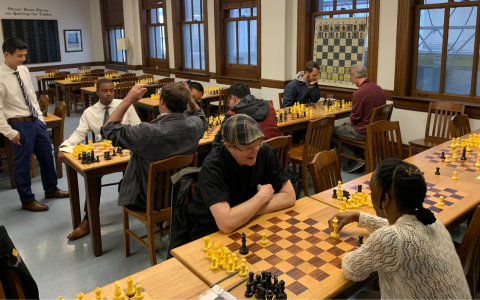
Liminal dreaming happens when in the state between wakefulness and the state between sleep and wakefulness as you stir in the morning. This is the “between” stage in which our dreams are the most vivid and we are neither fully asleep nor fully awake. In her book Dumpert offers numerous exercises for making the most of liminal dreaming, shares a fascinating primer on how dream work is a prized practice of many indigenous cultures, how it was crucial to the development of modern psychology and medicine, and how artists and inventors have long used it to solve problems and spark creativity.
Jennifer Dumpert is a writer and lecturer, and the founder of the Oneironauticum, an international organization that explores the phenomenological experience of dreams as a means of experimenting with mind. She also developed the concept and practice of Liminal Dreaming--surfing the edges of consciousness using hypnagogic and hypnopompic dream states. Dumpert has lectured and led workshops at festivals, conferences, and venues such as Summit at Sea, Lightning in a Bottle, Symbiosis, Breaking Convention in London, Entheogenesis in Melbourne, Australia, the Women's Visionary Congress, the Transformative Technology Conference, Esalen Institute, Ojai Institute, the New Living Expo, the International Association for the Study of Dreams, and Synergenesis.
Erik Davis is an author, podcaster, award-winning journalist, and independent scholar based in San Francisco. His wide-ranging work focuses on the intersection of alternative religion, media, and the popular imagination. He is the author, most recently, of High Weirdness: Drugs, Visions, and Esoterica in the Seventies, which is co-published by MIT Press and Strange Attractor. He also wrote Nomad Codes: Adventures in Modern Esoterica (2010), The Visionary State: A Journey through California’s Spiritual Landscape (2006), a short critical volume on Led Zeppelin (2005), and the celebrated TechGnosis: Myth, Magic, and Mysticism in the Age of Information (1998), which remains in print.
Activities





